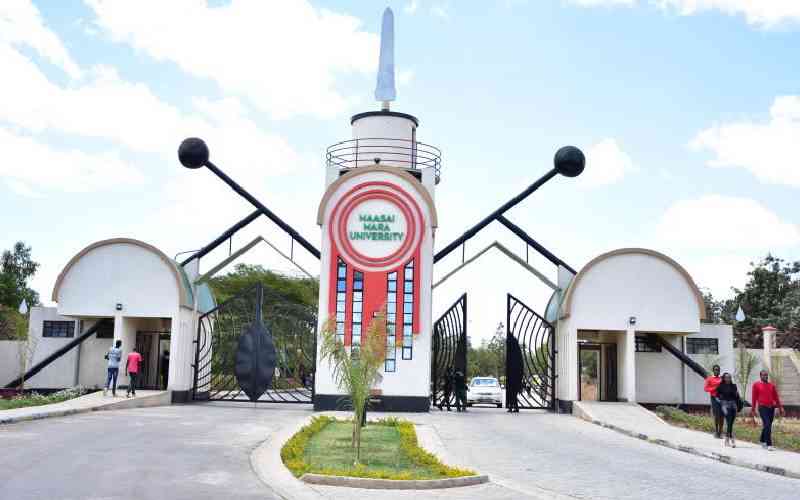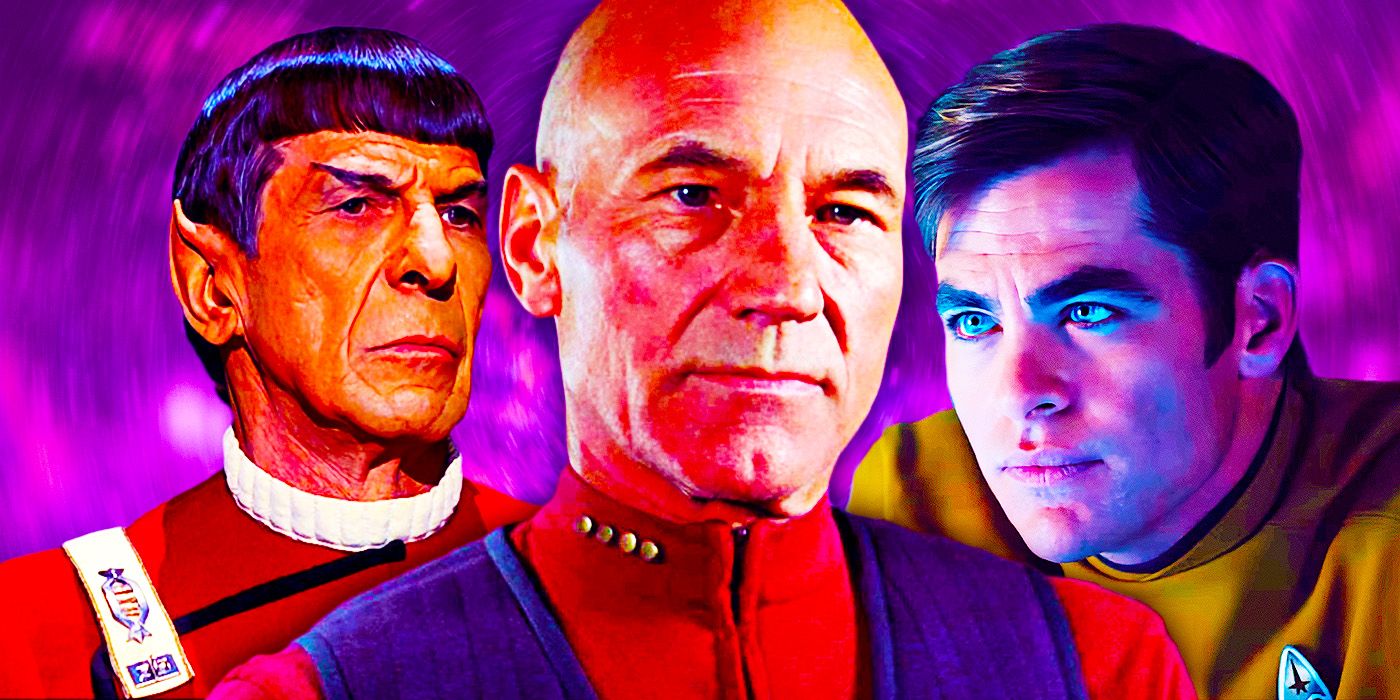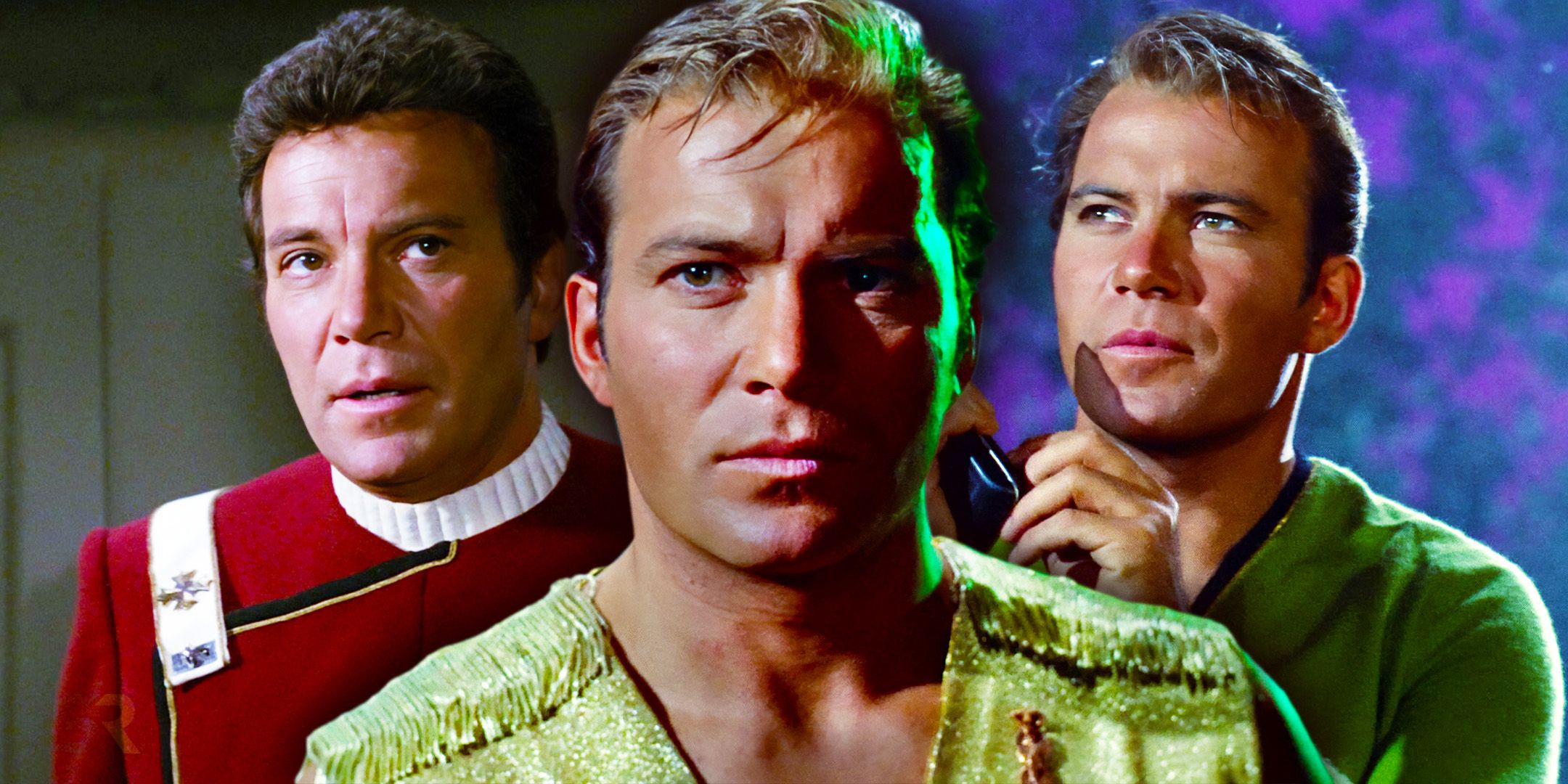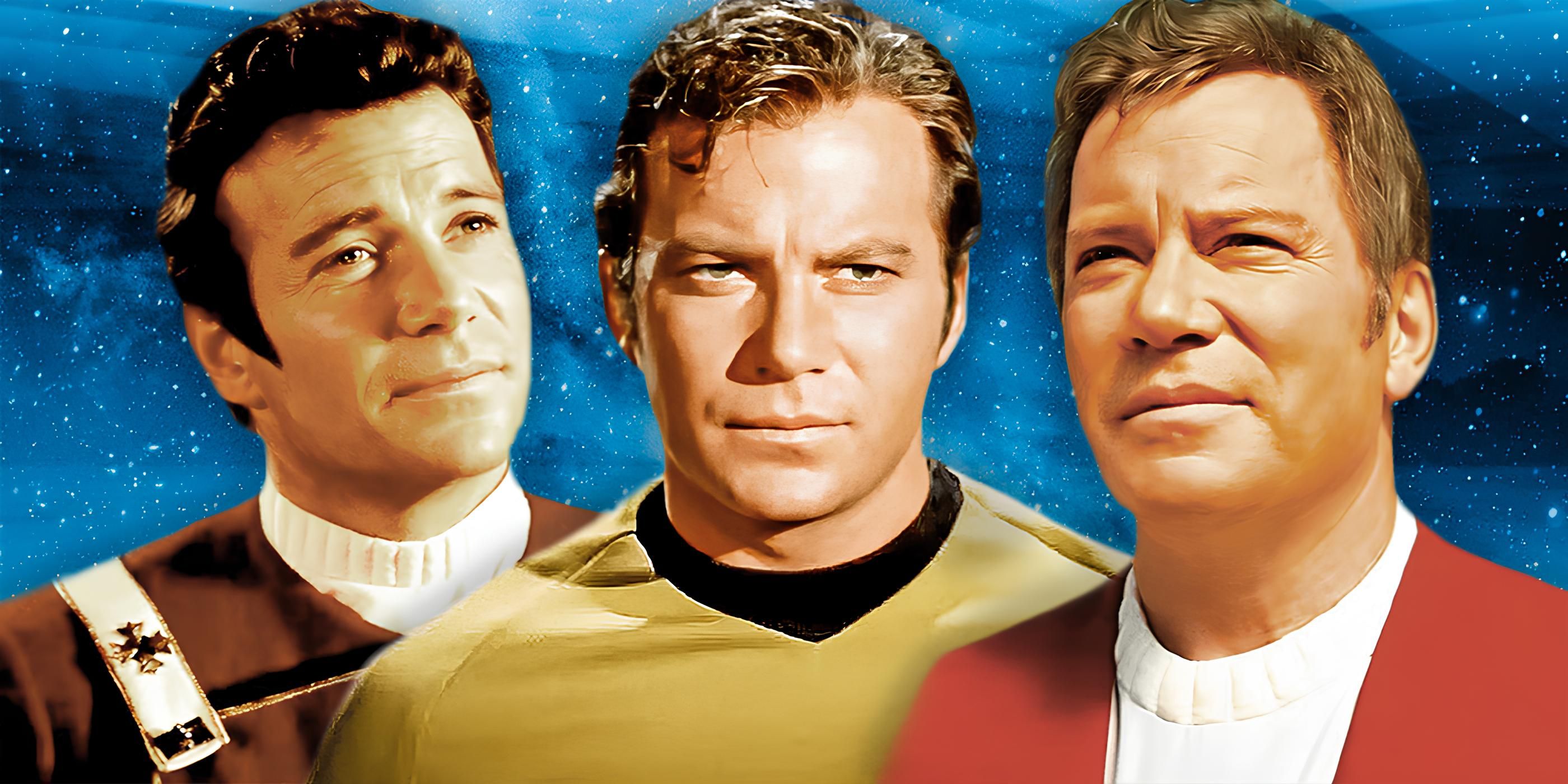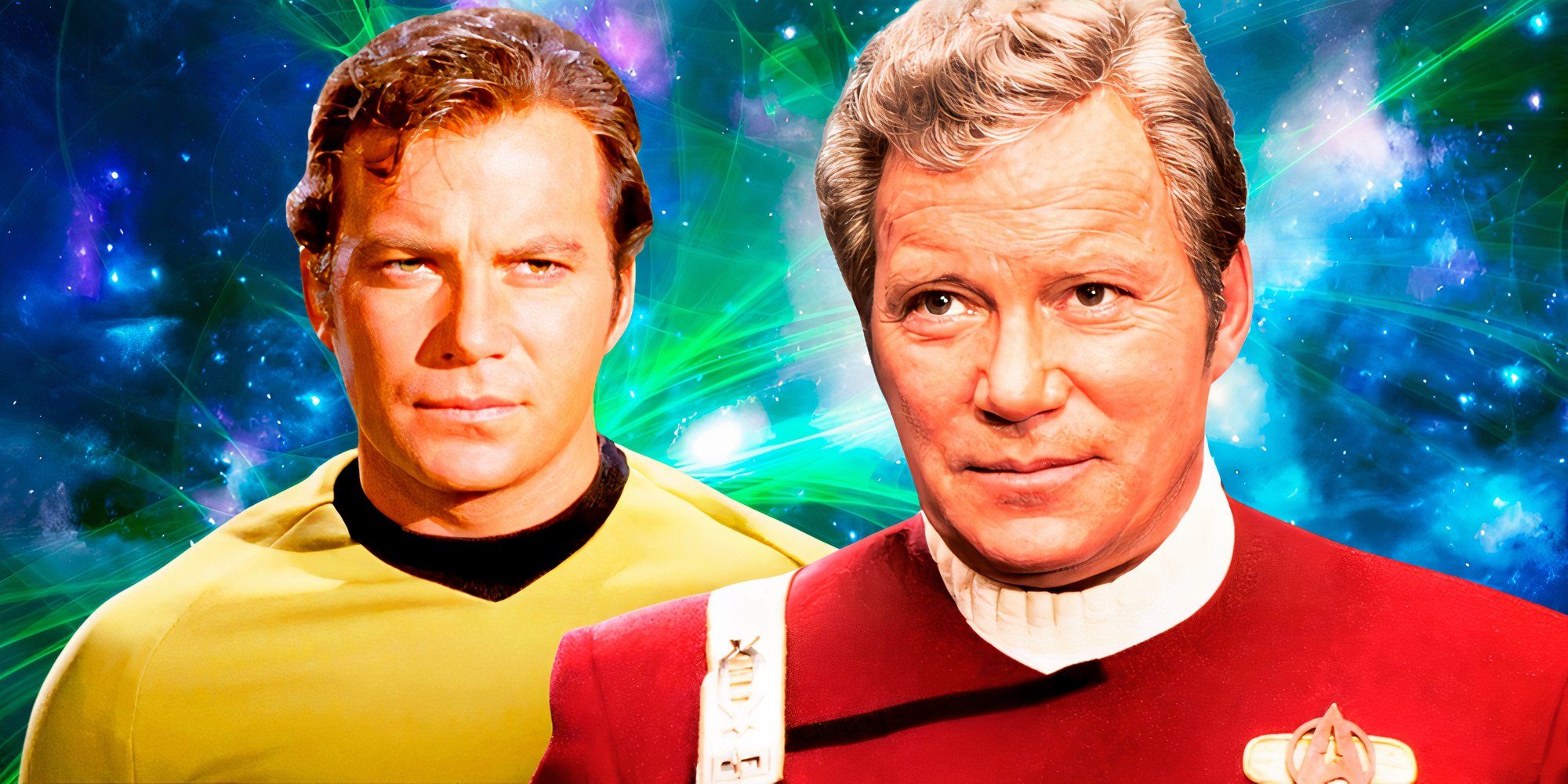Star Trek movies portray Captain James T. Kirk (William Shatner) and the Klingons as bitter enemies trapped in a cycle of hatred, but Kirk and the Klingons didn't always hate each other in . Kirk's hatred of Klingons is a key plot point in Star Trek VI: The Undiscovered Country. When the Klingon moon of Praxis is destroyed, Kirk would rather "let them die" instead of Starfleet rendering aid. General Chang (Christopher Plummer) also despises the Federation, so Chang uses Kirk's hatred to frame Kirk for the murder of Chancellor Gorkon (David Warner) and sabotage peace.
Earlier in the Star Trek timeline, Klingons are different. In Star Trek: The Original Series season 2, episode 26, "Errand of Mercy", Kor (John Colicos) is a Klingon leader who openly discusses the Klingon Empire's philosophy of conquest with Kirk, who respectfully disagrees. Later, Kang (Michael Ansara) in TOS season 3, episode 7, "Day of the Dove", doesn't attack the Enterprise unprovoked, but is tricked into believing Kirk is the aggressor. In TOS season 3, episode 13, "Elaan of Troyius", it's not Kirk that the Klingons are after, despite it seeming that way, but Elaan's (France Nuyen) dilithium crystal necklace.
In Star Trek: The Original Series, Captain Kirk and the Klingons have a rivalry without the sheer hatred from the Star Trek movies. In this era, the Klingons expand their Empire with more calculated power plays than brutal assaults. Starfleet, meanwhile, is interested in peaceful exploration instead of conquering, so Kirk's confrontations with Klingons in TOS episodes aren't personal. When the Enterprise takes Klingon prisoners in "Day of the Dove," Kirk promises Kang's people will not be harmed, and even has food synthesizers prepare Klingon food.
It's important that Star Trek: The Original Series portrays Kirk as a thoughtful, evolved leader.
Captain Kirk's attitude towards the Klingons in Star Trek: The Original Series is a great example of series creator Gene Roddenberry's vision of humanity's future. Star Trek's humans have moved beyond prejudice, so it's important that Star Trek: The Original Series portrays Kirk as a thoughtful, evolved leader. Because Kirk can hold civilized discussions with anyone, even his enemies, . According to Roddenberry's vision, it's supposed to be hard for Kirk to succumb to hate—but it isn't impossible.
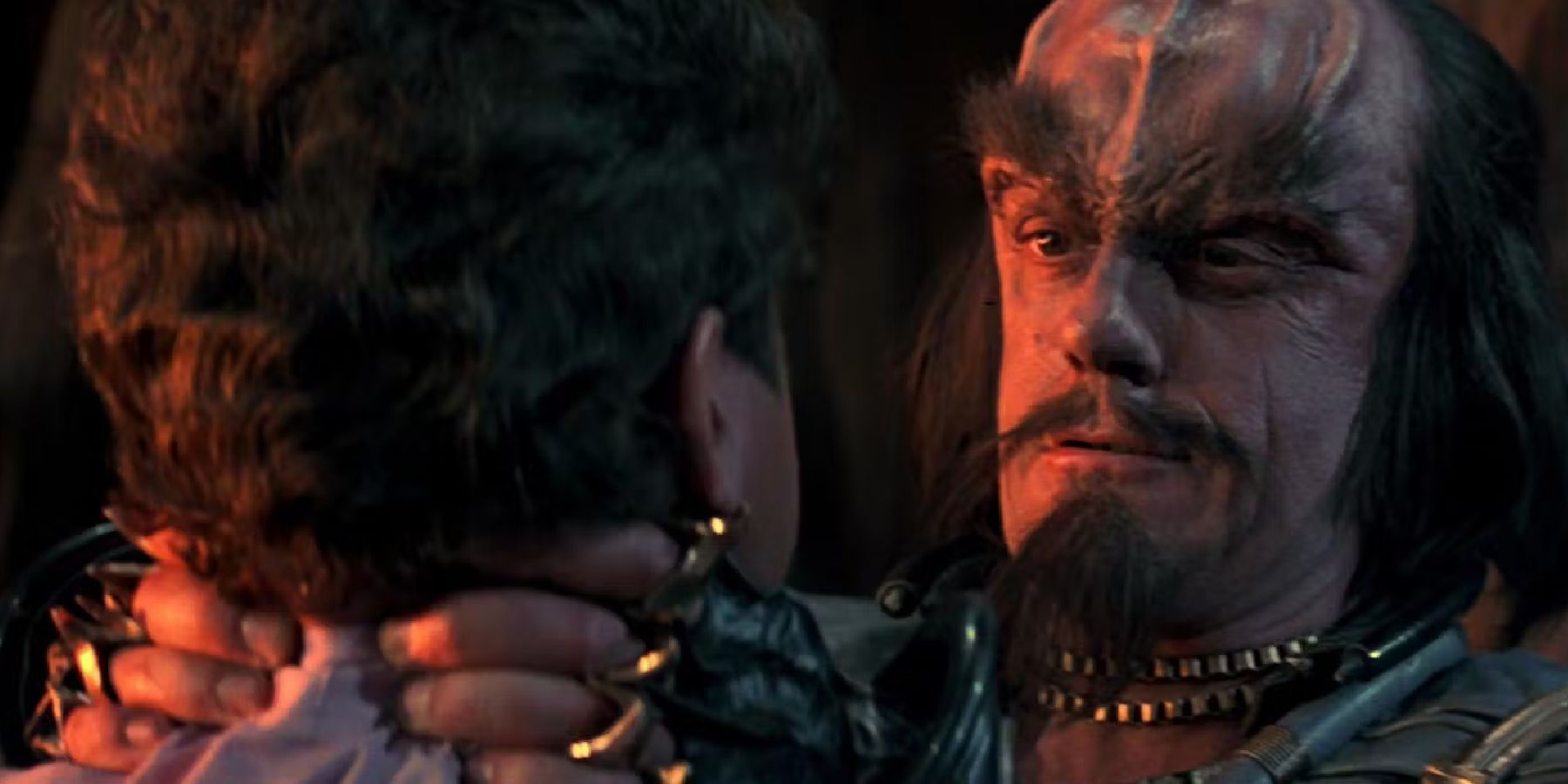
The Star Trek movies change Kirk and the Klingons to hating each other, as Kirk's reputation makes him a target for Klingon warriors seeking glory. In Star Trek III: The Search for Spock, Commander Kruge's (Christopher Lloyd) landing party discovers Lt. Saavik (Robin Curtis) and Kirk's son David Marcus (Merritt Butrick) on the Genesis Planet. Kruge doesn't care who dies, but when David sacrifices himself to protect Saavik, . In that moment, Kirk hates Kruge so much that Kirk destroys the Enterprise instead of surrendering his beloved starship to Kruge.
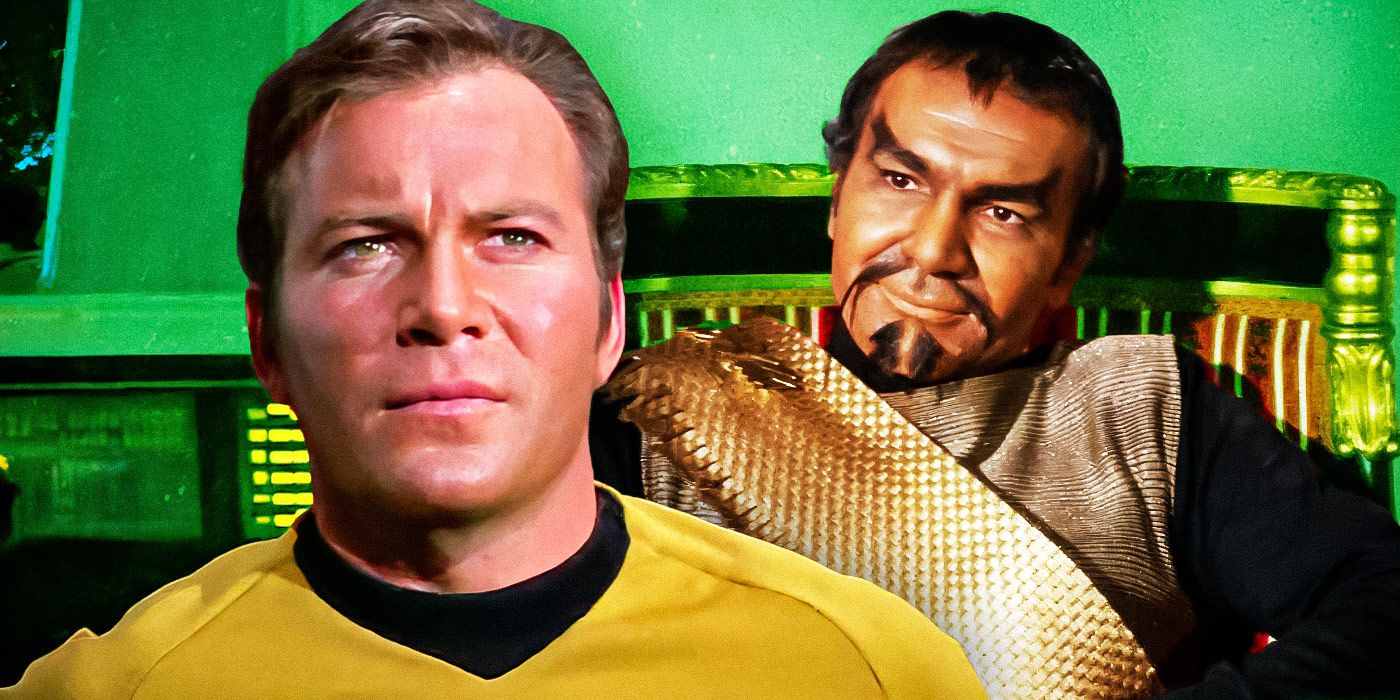
Related
Star Trek: Captain Kirk’s 5 Greatest Klingon Enemies, Ranked
Captain James T. Kirk went up against Klingons numerous times throughout his Star Trek career, but these five were particularly formidable.
David's death is the tipping point that makes Kirk truly hate Klingons, and the Klingons respond in kind. It's not until Star Trek VI: The Undiscovered Country that the impending Khitomer Accords push Kirk to reexamine his now-ingrained prejudices—and that's after Kirk escapes from Rura Penthe. Although Kirk can't easily shake his hatred of Klingons, he also knows the galaxy is better off with peace, so Kirk must adapt to changing times. The Undiscovered Country is a nuanced exploration of Kirk as an imperfect human returning to the evolved man he was in
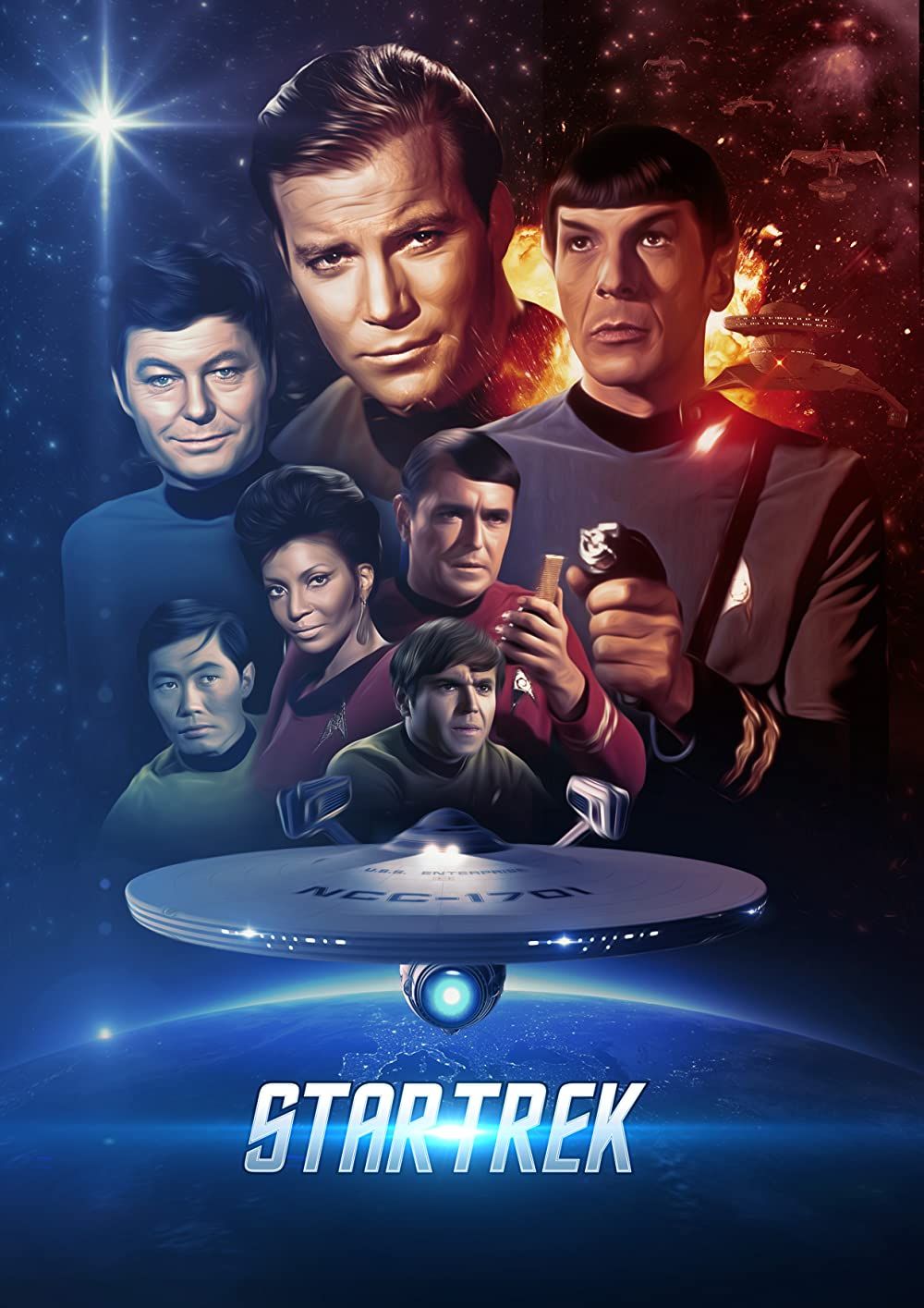
Star Trek: The Original Series

8/10
- September 8, 1966
- Paramount
- Gene Roddenberry
- Gene Roddenberry
- Gene Roddenberry
Set in the 23rd century, this iconic science fiction series follows the starship USS Enterprise and its crew as they embark on exploratory missions across the galaxy. The series examines themes of diplomacy, ethics, and the unknown, often highlighting diverse cultures and futuristic technologies.
- 3
- gene roddenberry
